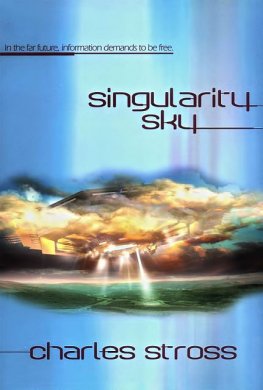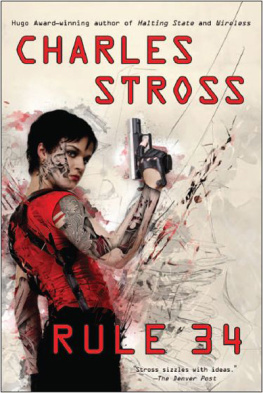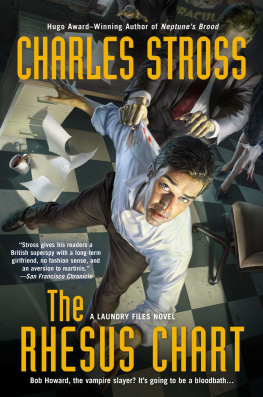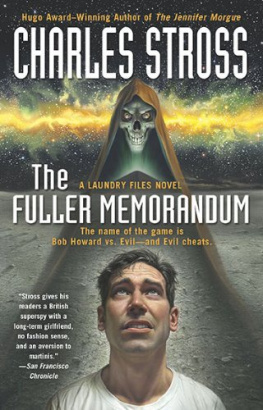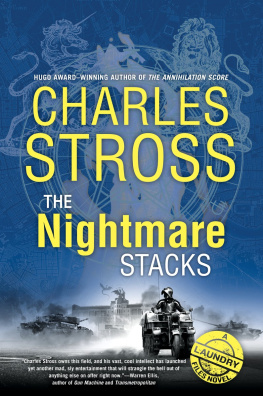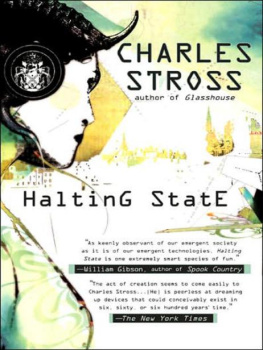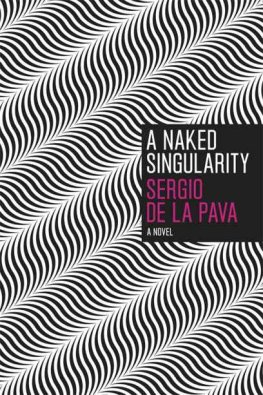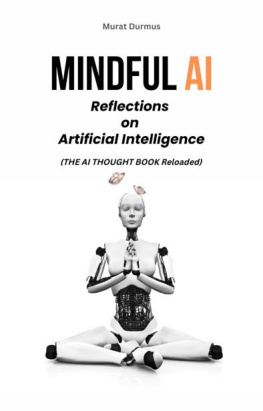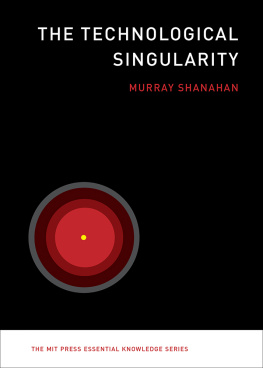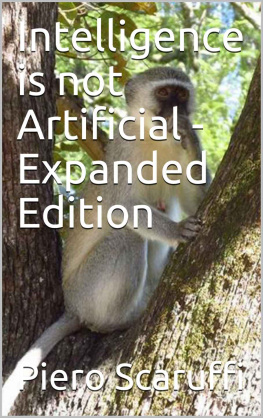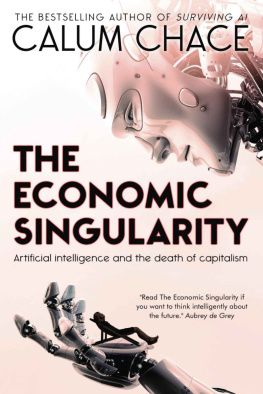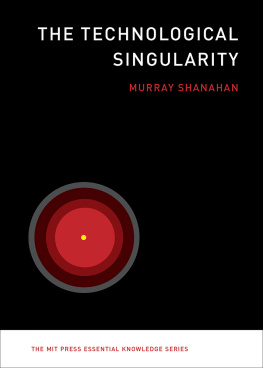Charles Stross - Singularity Sky
Here you can read online Charles Stross - Singularity Sky full text of the book (entire story) in english for free. Download pdf and epub, get meaning, cover and reviews about this ebook. genre: Science fiction. Description of the work, (preface) as well as reviews are available. Best literature library LitArk.com created for fans of good reading and offers a wide selection of genres:
Romance novel
Science fiction
Adventure
Detective
Science
History
Home and family
Prose
Art
Politics
Computer
Non-fiction
Religion
Business
Children
Humor
Choose a favorite category and find really read worthwhile books. Enjoy immersion in the world of imagination, feel the emotions of the characters or learn something new for yourself, make an fascinating discovery.
- Book:Singularity Sky
- Author:
- Genre:
- ISBN:9788495024121
- Rating:3 / 5
- Favourites:Add to favourites
- Your mark:
- 60
- 1
- 2
- 3
- 4
- 5
Singularity Sky: summary, description and annotation
We offer to read an annotation, description, summary or preface (depends on what the author of the book "Singularity Sky" wrote himself). If you haven't found the necessary information about the book — write in the comments, we will try to find it.
Singularity Sky — read online for free the complete book (whole text) full work
Below is the text of the book, divided by pages. System saving the place of the last page read, allows you to conveniently read the book "Singularity Sky" online for free, without having to search again every time where you left off. Put a bookmark, and you can go to the page where you finished reading at any time.
Font size:
Interval:
Bookmark:
Charles Stross
SINGULARITY SKY
Prologue
The day war was declared, a rain of telephones fell clattering to the cobblestones from the skies above Novy Petrograd. Some of them had half melted in the heat of reentry; others pinged and ticked, cooling rapidly in the postdawn chill. An inquisitive pigeon hopped close, head cocked to one side; it pecked at the shiny case of one such device, then fluttered away in alarm when it beeped. A tinny voice spoke:
Hello? Will you entertain us?
The Festival had come to Rochards World.
A skinny street urchin was one of the first victims of the assault on the economic integrity of the New Republics youngest colony world. Rudi nobody knew his patronymic, or indeed his father spotted one of the phones lying in the gutter of a filthy alleyway as he went about his daily work, a malodorous sack wrapped around his skinny shoulders like a soldiers bedroll. The telephone lay on the chipped stones, gleaming like polished gunmetal: he glanced around furtively before picking it up, in case the gentleman who must have dropped it was still nearby. When it chirped he nearly dropped it out of fear: a machine! Machines were upper-class and forbidden, guarded by the grim faces and gray uniforms of authority. Nevertheless, if he brought it home to Uncle Schmuel, there might be good eating: better than he could buy with the proceeds of the days sackful of dog turds for the tannery. He turned it over in his hands, wondering how to shut it up, and a tinny voice spoke: Hello? Will you entertain us? Rudi nearly dropped the phone and ran, but curiosity held him back for a moment: Why?
Entertain us and we will give you anything you want.
Rudis eyes widened. The metal wafer gleamed with promise between his cupped hands. He remembered the fairy stories his eldest sister used to tell before the coughing sickness took her, tales of magic lamps and magicians and djinn that he was sure Father Borozovski would condemn as infidel nonsense; and his need for escape from the dull brutality of everyday life did battle with his natural pessimism the pessimism of barely more than a decade of backbreaking labor. Realism won. What he said was not, I want a magic flying carpet and a purse full of gold roubles or I want to be Prince Mikhail in his royal palace, but, Can you feed my family?
Yes. Entertain us, and we will feed your family.
Rudi racked his brains, having no idea how to go about this exotic task; then he blinked. It was obvious!
He held the phone to his mouth, and whispered, Do you want me to tell you a story? By the end of that day, when the manna had begun to fall from orbit and mens dreams were coming to life like strange vines blooming after rain in the desert, Rudi and his family sick mother, drunken uncle, and seven siblings were no longer part of the political economy of the New Republic.
War had been declared.
Deep in the outer reaches of the star system, the Festivals constructor fleet created structure out of dead mass. The Festival fleet traveled light, packed down into migratory starwisps that disdained the scurrying FTL of merely human clades. When it arrived, fusion pods burned bright as insectile A-life spawned furiously in the frigid depths of the outer system. Once the habitats were complete and moved into orbit around the destination planet, the Festival travelers would emerge from aestivation, ready to trade and listen.
Rochards World was a backwater colony of the New Republic, itself not exactly the most forward-looking of post-Diaspora human civilizations. With a limited industrial base to attract trade limited by statute, as well as by ability few eyes scanned the heavens for the telltale signatures of visiting ships. Only the spaceport, balanced in ground-synchronous orbit, kept a watch, and that was focused on the inner-system ecliptic. The Festival fleet had dismantled a gas giant moon and three comets, begun work on a second moon, and was preparing to rain telephones from orbit before the Imperial Traffic Control Bureau noticed that anything was amiss.
Moreover, there was considerable confusion at first. The New Republic was, if not part of the core worlds, not far out of it; whereas the Festivals origin lay far outside the light cone of the New Republics origin, more than a thousand light-years from old anarchist Earth. Although they shared a common ancestry, the New Republic and the Festival had diverged for so many centuries that everything from their communications protocols to their political economies, by way of their genome was different. So it was that the Festival orbiters noticed (and ignored) the slow, monochromatic witterings of Imperial Traffic Control. More inexplicably, it did not occur to anybody in the Ducal palace to actually pick up one of the half-melted telephones littering their countryside, and ask, Who are you and what do you want? But perhaps this was not so surprising; because by midafternoon Novy Petrograd was in a state of barely controlled civil insurrection.
Burya Rubenstein, the radical journalist, democratic agitator, and sometime political prisoner (living in internal exile on the outskirts of the city, forbidden to return to the father planet to say nothing of his mistress and sons for at least another decade) prodded at the silvery artifact on his desk with a finger stained black from the leaky barrel of his pen. You say these have been falling everywhere? he stated, ominously quietly.
Marcus Wolff nodded. All over town. Misha wired me from the back country to say its happening there, too. The Dukes men are out in force with brooms and sacks, picking them up, but there are too many for them. Other things, too.
Other things. It wasnt phrased as a question, but Buryas raised eyebrow made his meaning clear.
Things falling from the skies and not the usual rain of frogs! Oleg Timoshevski bounced up and down excitedly, nearly upsetting one of the typecases that sat on the kitchen table beside him, part of the unlicensed printing press that Rubenstein has established on peril of another decades internal exile. The things like a telephone, I think, at least they talk back when you ask them something all say the same thing; entertain us, educate us, we will give you anything you want in return! And they do! I saw a bicycle fall from the skies with my own eyes! And all because Georgi Pavlovich said he wanted one, and told the machine the story of Roland while he waited.
I find this hard to believe. Perhaps we should put it to the test? Burya grinned wolfishly, in a way that reminded Marcus of the old days, when Burya had a fire in his belly, a revolver in his hand, and the ear of ten thousand workers of the Rail-yard Engineering Union during the abortive October Uprising twelve years earlier. Certainly if our mysterious benefactors are happy to trade bicycles for old stories, I wonder what they might be willing to exchange for a general theory of postindustrial political economy?
Better dine with the devil with a long, long spoon, warned Marcus.
Oh, never fear; all I want to do is ask some questions. Rubenstein picked up the telephone and turned it over in his hands, curiously. Wheres the ah. Here. Machine. Can you hear me?
Yes. The voice was faint, oddly accentless, and slightly musical.
Good. Who are you, where are you from, and what do you want?
We are Festival. The three dissidents leaned closer, almost bumping heads over the telephone. We have traveled many two-hundred-and-fifty-sixes of light-years, visiting many sixteens of inhabited planets.
We are seekers of information. We trade.
You trade? Burya glanced up, a trifle disappointed; interstellar capitalist entrepreneurs were not what he had been hoping for.
We give you anything. You give us something. Anything we dont already know: art, mathematics, comedy, literature, biography, religion, genes, designs. What do you want to give us?
Font size:
Interval:
Bookmark:
Similar books «Singularity Sky»
Look at similar books to Singularity Sky. We have selected literature similar in name and meaning in the hope of providing readers with more options to find new, interesting, not yet read works.
Discussion, reviews of the book Singularity Sky and just readers' own opinions. Leave your comments, write what you think about the work, its meaning or the main characters. Specify what exactly you liked and what you didn't like, and why you think so.

